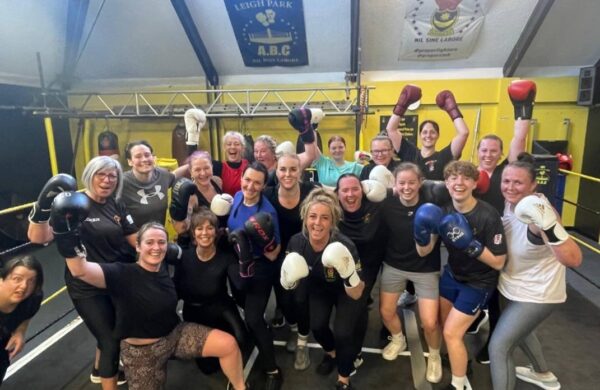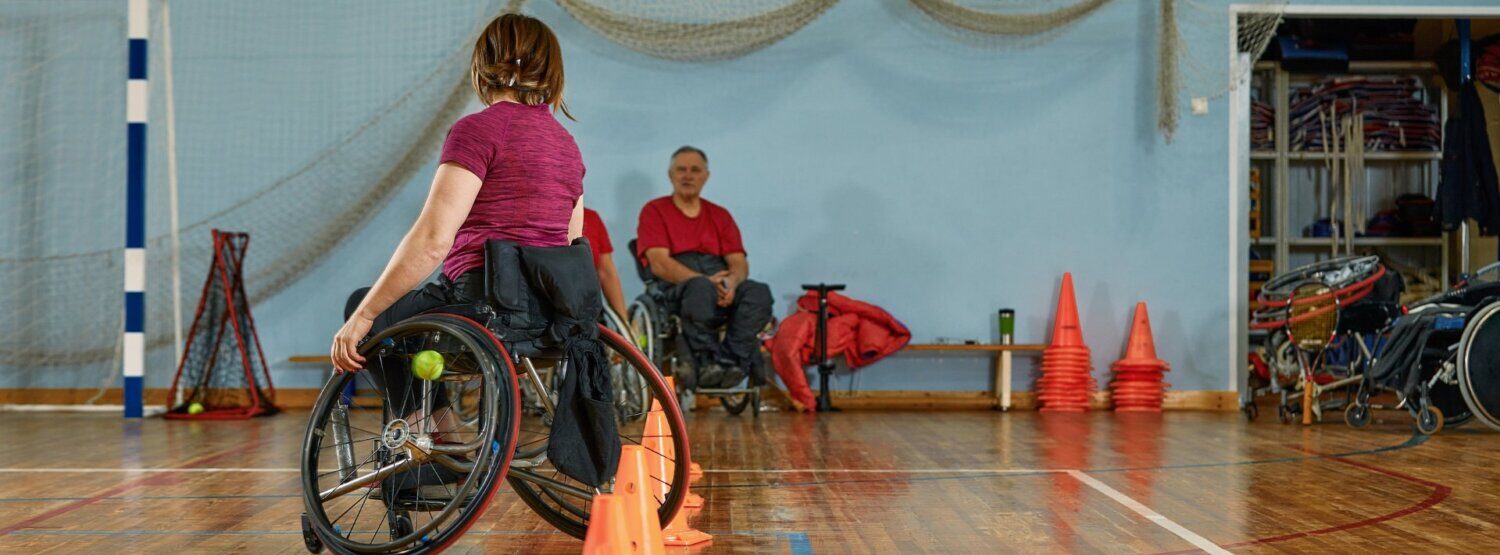
Belonging Starts With Inclusion: Lessons From A Local Women’s Boxing Course
Learnings from a local, women's boxing course.

Inclusive physical activity sessions ensure that nobody is left on the sidelines.
69% of people with long-term health conditions and 75% of women want to be more active (Sport England). But many lack the confidence to attend a physical activity or sport session. Making small changes to your sessions and how you communicate them can help those who are least active to get involved.
I like that it says "all ages from 12 to 77 years old" and the picture shows that. It gives me confidence that it won't all be skinny 20-somethings.
Female, age 45, Havant
The term ‘inclusive’ is often associated with disability. We use it more broadly to mean an activity that anyone can take part in regardless of disability, gender, race, income or skill level etc. For disability specific information, please hop over to the Activity Alliance website.
22.7% of the adult population in Hampshire and the Isle of Wight do less than 30 minutes of physical activity a week. With your help, we can support more people to take part and enjoy the health benefits of being active.
If it could be like £20 to come any two Wednesdays in a month rather than every week then I could probably think about doing that.
Female, aged 18, Gosport
Lots of factors influence our ability or likelihood to take part in an activity:
Coaches can't just not be homophobic. They need to challenge it!
Research participant, Pride in Our Workforce
Communicating well and providing suitable venue access and equipment will enable people to take part. But the people they encounter in your activities will make or break their experience. Think about:
Activity Alliance enables organisations to support more disabled people to be active.
Visit siteTraining opportunities for those working or volunteering in community sport so you can confidently engage disabled and disadvantaged young people.
Visit siteLearn to create an inclusive and accessible sporting environment for people with sight loss.
Visit siteCreated in partnership with Activity Alliance this tool will help you see how inclusive and accessible your organisation is.
Visit siteA guide to help you make physical activity inclusive to those experiencing mental health problems.
Visit siteBetter understand neurodiversity, how to adapt your communication style, and create spaces that support neurodivergent participants.
Visit siteDesigned to help you remove barriers to LGBT+ participation in physical activity.
Visit siteWatch the UK Coaching video to gain ideas for making sessions more inclusive.
Visit siteAn opportunity to learn about how you can make sport and physical activity more inclusive for the deaf community.
Visit siteResearch to help you understand how teenage girls feel about being active outdoors in their local parks and green spaces.
Visit site